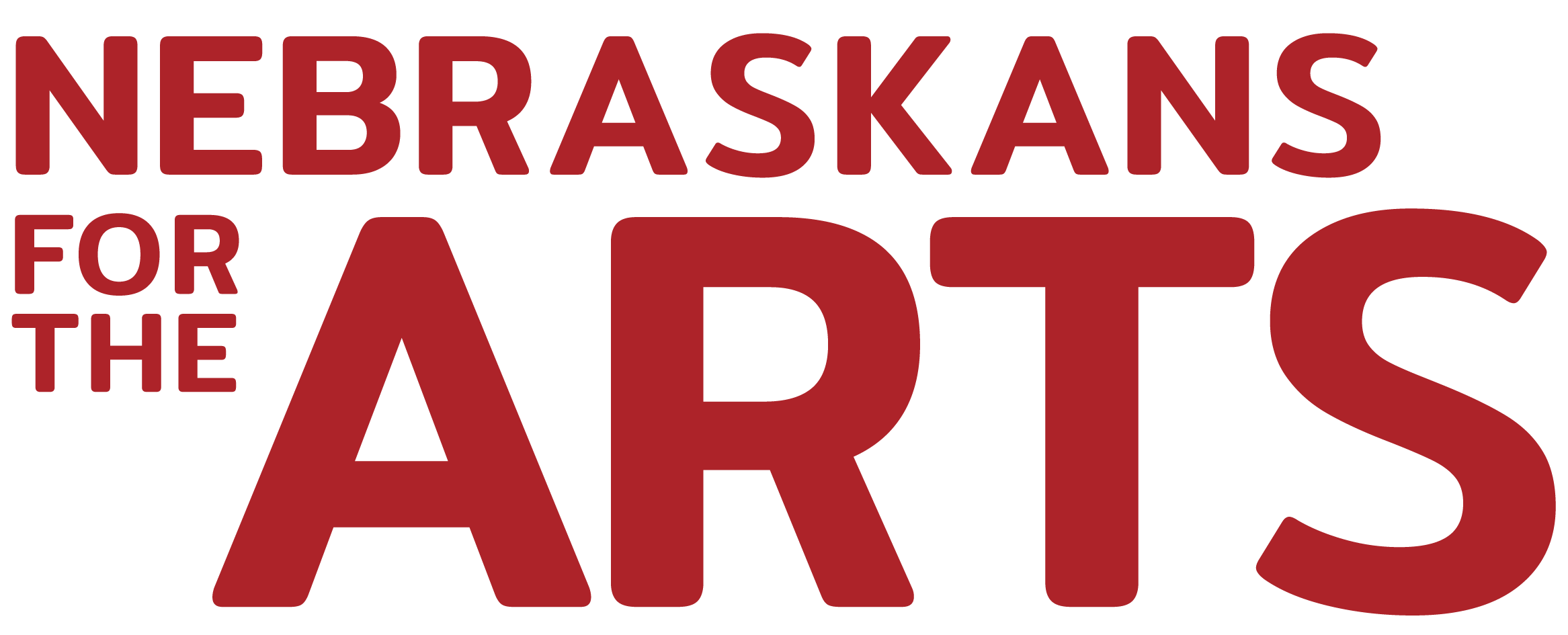Congressional Constituent Liaison, Omaha
In high school, I participated in theater, forensics, and choir. These programs taught me life skills – professionalism, reasoning, the importance of being on time, dedication to producing quality work, and the idea that practice doesn’t make perfect – practice makes consistent.
I continued to study theater and communications in college, and now work for a member of Congress. If you contact a congressman with a practical concern or a question to be answered, that is handled by a case worker, by me. I have to be the eyes and ears of the congressman in the community.
My earlier artistic experiences have benefited me greatly in my career and enjoyment of life. The oratory skills and performance skills I learned have made me a better presenter and public speaker. Putting on a production involves bringing people with different views and creative visions together to present something that will be appealing to an audience. It teaches you to work collaboratively.
In terms of being an actor, in terms of studying a character, you study people and perspective. In order to represent somebody else’s perspective, you have to teach yourself to understand other perspectives. That sort of training has helped me better communicate with constituents, showing them that I truly have an understanding of their point of view. Working in my job is a matter of understanding sociology, and theater helped me with that.
These days, we ask our schools to teach a lot of intangibles, like critical thinking. That is the role that arts education plays in preparing kids for college. Particularly in my job, I’m not given a roadmap to a solution – I’m told what a problem is and asked to provide a solution. That’s the demand we’re going to ask more and more of our kids, to learn how to be creative, to think outside the box, to be innovative. Arts education, whatever the medium is, develops the brain pathways needed to become innovators.


